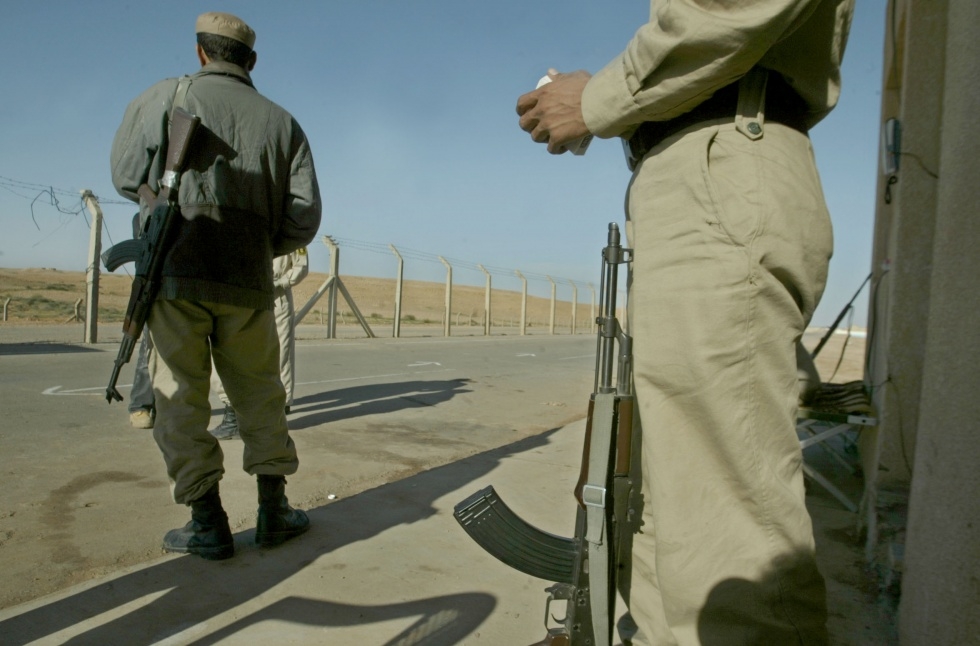Saudi Arabia reportedly shelled from Iraq border

Saudi Arabia on Monday reported three shells hit the Arar area inside the country along its border with Iraq, where militants led by the Islamic State (IS) have gone on the offensive.
"Three shells struck near a residential complex in the northern border area, without causing casualties," a border guard's spokesman said, adding that an inquiry into the origin of the shelling was under way.
The attack came days after Iraq had denied reports that it had withdrawn troops from border with Saudi Arabia.
On Thursday, Saudi Arabia has reportedly sent 30,000 soldiers to the 900-km border it shares with Iraq, to protect the kingdom against potential IS-led attacks.
The security crisis in Iraq – which remains ongoing – has drawn international attention, with neighbouring Saudi Arabia, Kuwait and Jordan all on high alert fearing the ISIL's possible infiltration of their borders.
Saudi Arabia, which shares over 800 kilometres (497 miles) of borders with Iraq, has deeply strained relations with Baghdad's government.
Riyadh has accused Iraqi Prime Minister Nuri al-Maliki of creating the conditions for last month's militant-led offensive by marginalising its Sunni Arabs.
Maliki in turn has accused the oil-rich kingdom of supporting "terrorism" in his Shiite-majority country.
But both countries see IS as a major threat to their security.
No one has yet claimed responsibility for Monday's shelling.
In November, Iraqi pro-Iranian Shiite group Jaish al-Mukhtar claimed it had fired six mortar rounds into a remote area of northeastern Saudi Arabia as a "warning" to the kingdom.
Middle East Eye propose une couverture et une analyse indépendantes et incomparables du Moyen-Orient, de l’Afrique du Nord et d’autres régions du monde. Pour en savoir plus sur la reprise de ce contenu et les frais qui s’appliquent, veuillez remplir ce formulaire [en anglais]. Pour en savoir plus sur MEE, cliquez ici [en anglais].




